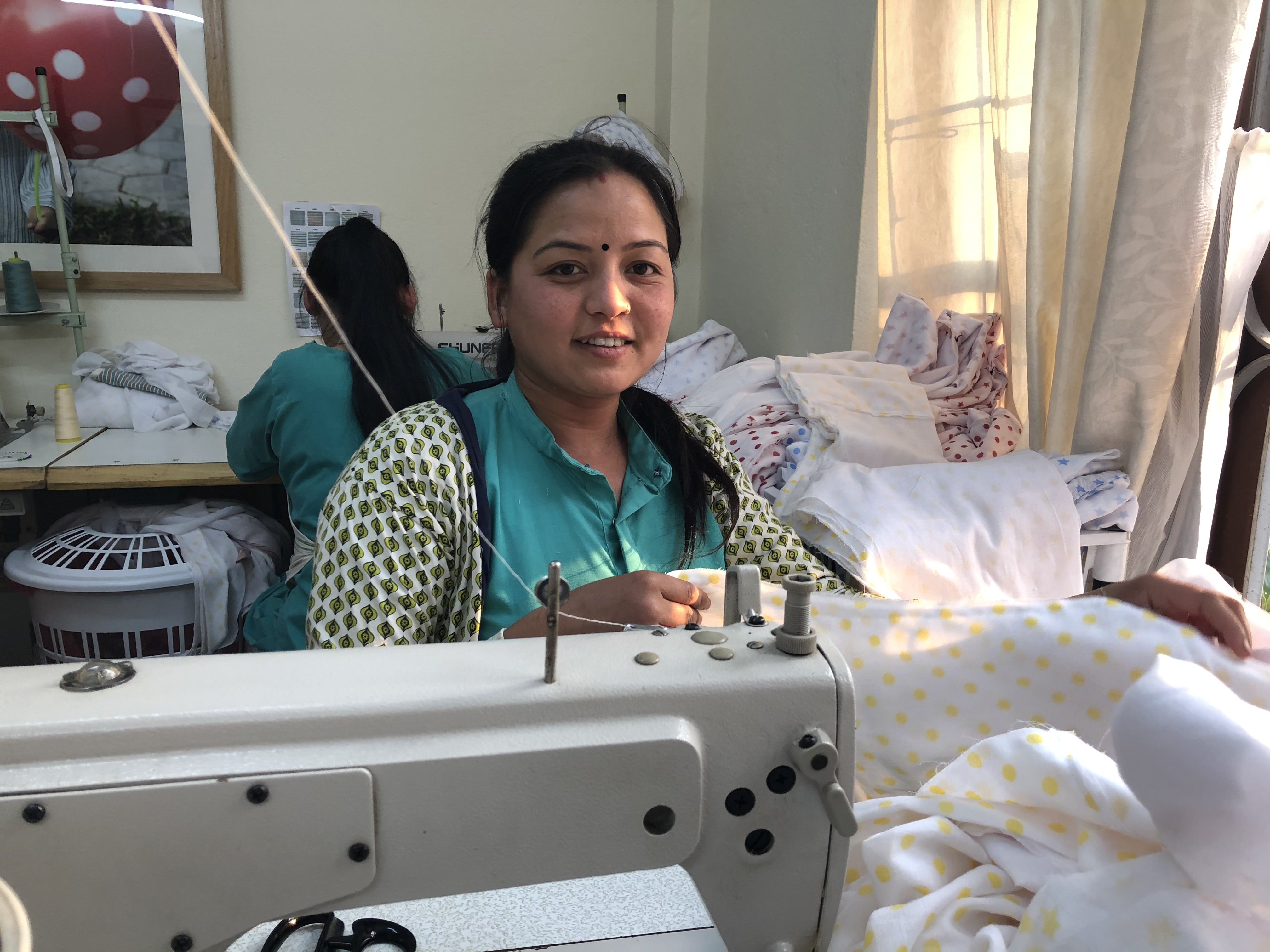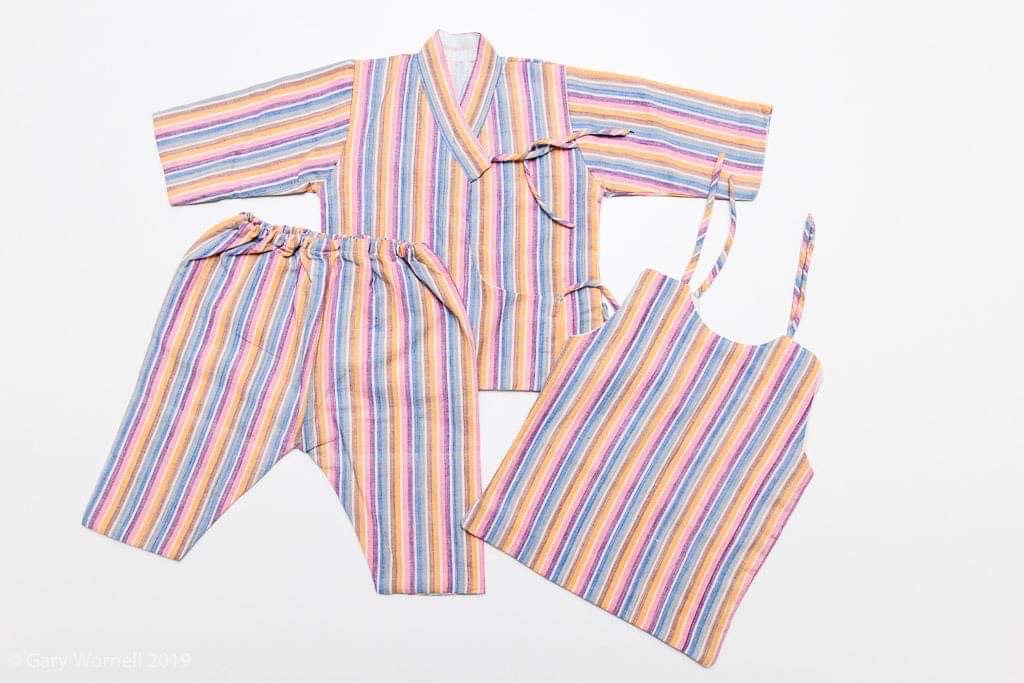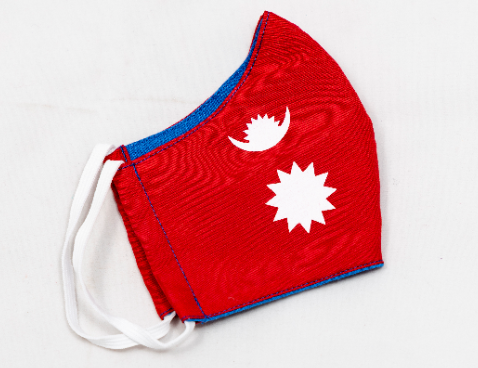The government of Finland provides a ‘Finnish Baby Box’ to every pregnant woman. The box contains all the required materials for infants and new mothers. Rewati Gurung, a 37-year-old social researcher, learnt about this scheme in 2016 and felt that someone had to start proving such boxes in Nepal as well.
Toying with the idea of doing it herself, Gurung tried to find out the best materials, including maternity garments, to be included in the box, if it were to be given to Nepali mothers.
It was time for the documentary-maker, who has visited different parts of Nepal while working with various organizations, to draw from her experience. Her objective was to not repeat the mistakes made by various other brands: “Some Nepali brands even lie to their customers and present false claims in their advertisements.”
Three years later, in 2019, Gurung launched the Nepali version of the Finnish Baby Box—she called it Kokroma. (Kokro in Nepali refers a traditional cradle made up of bamboo).
“I was worried about how the product would fare in the market,” said Gurung. But her confidence grew as supporters, friends, mentors, and co-workers encouraged her to continue. “Apart from earning money, I always work to leave a meaningful impact on the society,” Gurung tells ApEX.
Looking for opportunities amid the pandemic,
we started making masks for children
Launching the business from scratch was not easy. She started looking for clothes weaved in Nepal without using chemicals. Being a health-conscious mother, she previously had weaved kokro and tori ko sirani (pillow made of mustard seeds) for her child just the way it was done traditionally to ensure that the baby’s head assumes a proper round shape.
She even traced the source of raw textile production. This led her to various prisons, where male inmates weave clothes for prison use. Gurung encouraged them, provided new machines and explained to them how learning skills could help them in the long run.
She was highly motivated by the positive response from jailers and officers while working with the prisoners. “It was challenging, but I never thought government officers could be so accessible, helpful and friendly,” said Gurung.

Moreover, she employed women for further sewing and tailoring. She picked domestic migrant women who came to Kathmandu to provide quality education to their children. Gurung handles the technical parts and designs products.
The production process begins with the designers creating sketches and choosing color combinations. Then, the same samples are woven by the workers in the prisons. This again goes back to the designers who customize the size and the designs. The final cutting and stitching is completed by the women before it makes its way to the market.
A startup that began with an investment of Rs 200,000, Kokroma now exports to Switzerland, Belgium, and the UK. Gurung is soon opening an outlet in Bouddha. But for now, she sells from her website, Facebook, and Instagram. Various other outlets also sell her products.
The Covid-19 pandemic and the lockdown imposed to contain it have created new challenges for the company. But kudos to the Gurung and her team; the company has so far taken the challenges head-on. “Looking for opportunities in the midst of the pandemic, we started making masks for children,” says Gurung, who has also started customizing masks for companies.
“We have gained a decent recognition. In the coming days, certainly, we will make it huge,” says Gurung.














